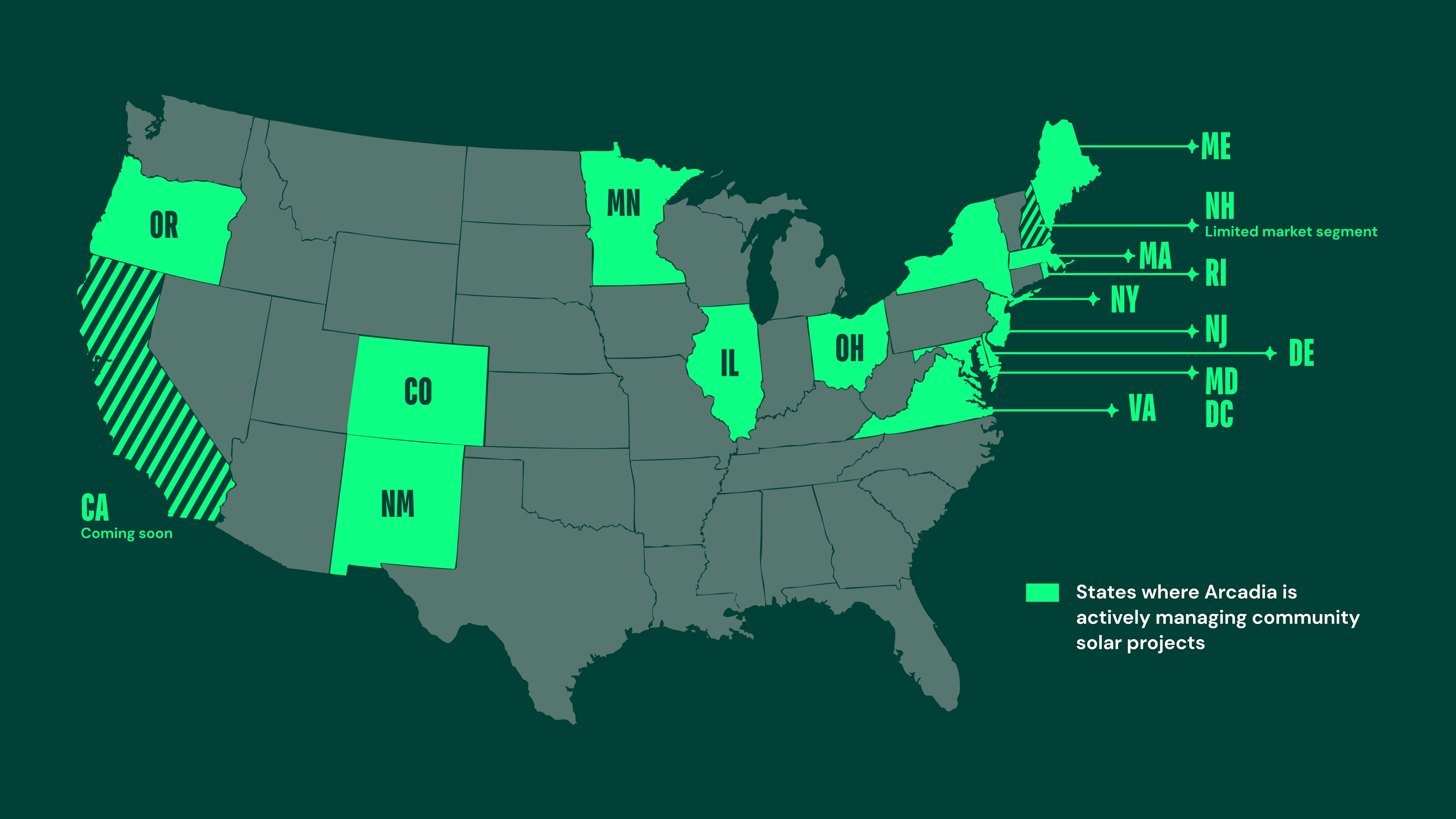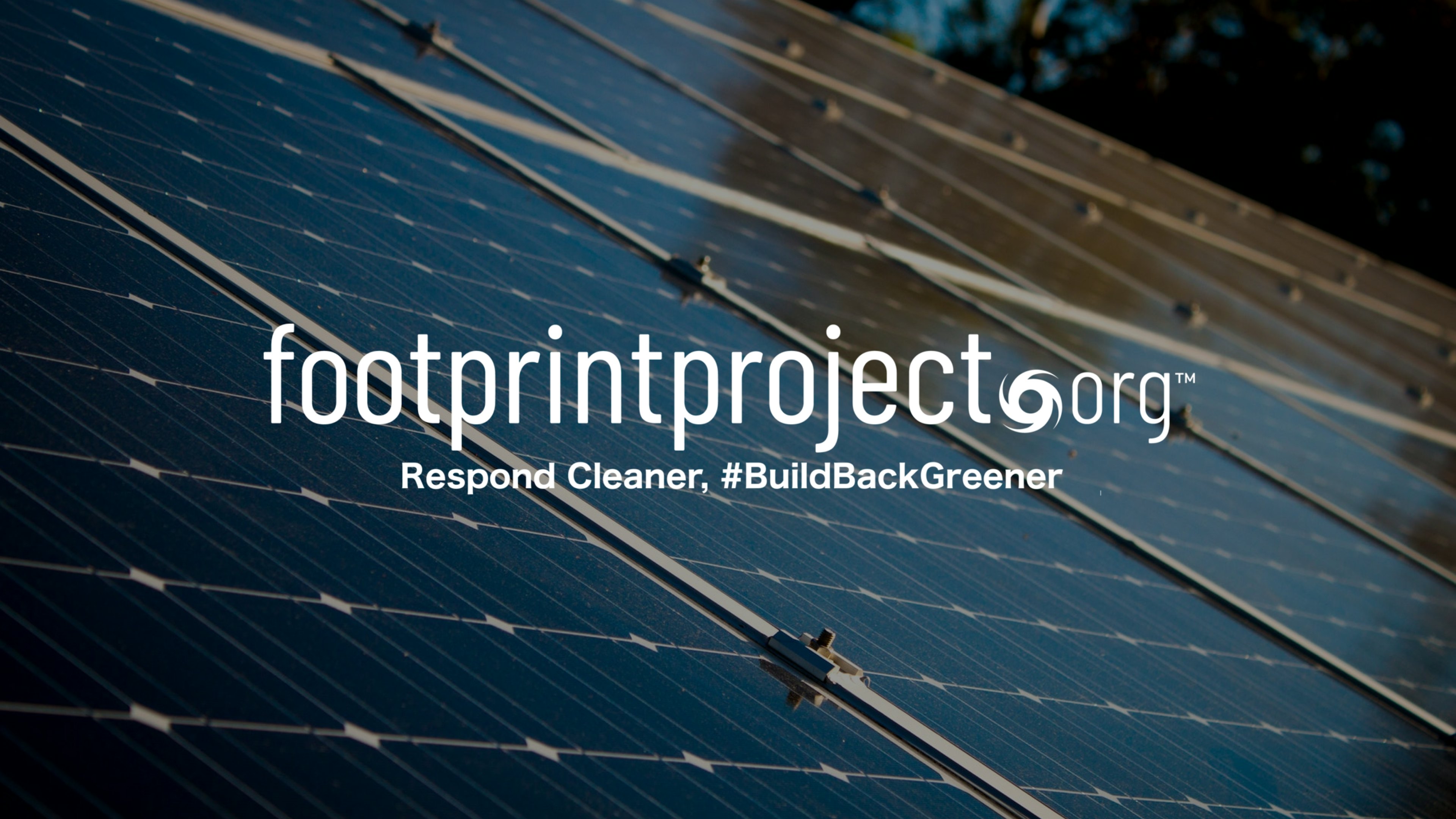Top 20 ways we can reduce our reliance on fossil fuels

Most of the energy consumption in the United States comes from fossil fuels. Natural gas, petroleum, and coal have accounted for 81.5% of the nation’s energy consumption for more than 100 years, according to the US Energy Information Administration. However, burning fossil fuels has been linked to atmospheric pollution, global warming, the release of toxins into the environment, and health problems.
Only by reducing dependency on fossil fuels can we mitigate these huge issues.
Fortunately, there are many ways to reduce your reliance on fossil fuels – here are 20 of them.
#1. Use LED light bulbs, which are more efficient (and so decrease energy consumption) and last a long time. The US Department of Energy says that LEDs use 75% less energy than traditional incandescent bulbs and can last for years.
#2. Turn off the lights when you leave a room for more than 15 minutes. The power saved reduces the demand on electric utilities, which in turn require less output from power plants that burn fossil fuels.
#3. Turn off your television, computer, or any other electrical device when you're not using it; this is a good way to conserve energy and help these investments last longer, so you don’t have to buy new ones as soon.
#4. Use appliances with the ENERGY STAR label, which is only placed on products that meet high-efficiency standards. To inform consumers, the label usually displays a calculation of annual savings as a percentage or monetary value. It can be found on air conditioners, heaters, refrigerators, and just about any home appliance.
Just over 34% of US waste is recycled or composted, but the Environmental Protection Agency estimates that 75% of all waste can be recycled.
#5. Reuse products that require fossil fuel resources to produce. By avoiding paper or plastic shopping bags, you can reduce the demand on the production process, which is fossil-fuel intensive. Instead, use fabric bags for groceries. You can limit how much plastic and Styrofoam you use by purchasing glass plates and cups, which can be reused over and over again instead of just once.
#6. Purchase goods manufactured with recycled materials. This helps reduce the demand for fossil fuels, too. Check for product labels that indicate such materials are included. Reusing anything that you can, such as printer ink cartridges, helps too.
#7. Recycle. By recycling waste, you send less of it to landfills. Many cities have recycling programs and require residents to put plastics, paper, and aluminum into separate bins. You can also donate clothing, lights, and appliances you don’t plan to use anymore instead of throwing them out, so they continue to serve a purpose. According to GreenAmerica.org, just over 34% of US waste is recycled or composted, but the Environmental Protection Agency estimates that 75% of all waste can be recycled.
#8. Avoid using petroleum-based printer inks. Soy ink, derived from soybeans, is an eco-friendlier choice for printer cartridges. Newspapers and other printed publications use it as well, some since the late 1980s.
#9. Take public transportation. Fossil fuels are a major part of the oil-refining process, which is how gasoline is made. Public transportation reduces the number of cars on the road and therefore the number of cars releasing emissions. You could also carpool, ride a bicycle, or walk.
#10. Telecommute. Telecommuting eliminates the need to travel altogether, avoiding the use of fossil fuels and the costs of fuel and travel. All you need is a computer, Internet connection, and smart phone.
#11. Avoid using nylon, which is petroleum-based. It can be found in luggage, life vests, and umbrellas. Even nylon clothing or clothing made of polyester relies on fossil fuels, but clothes made of natural fibers are a more economically and environmentally friendly choice.
#12. Invest in reusable containers. Plastics are environmentally costly to produce and dispose of and do not decompose. Bottled waters require a lot of plastic, so reusable containers filled with filtered tap water are better instead. Biodegradable plastics will break down over time and are a somewhat better option if you would rather stick to plastic.
#13. Drink more water for your headache. Dehydration is a big cause of headaches, and over-the-counter products such as Aspirin are made with oil products.
#14. Wax your floors with beeswax. Waxing the floors will keep them looking shiny and new, but commercial waxes are often made from petroleum derivatives. Beeswax is a natural alternative and can do the job just as well.
#15. Use natural essential oils for your scent fix. Essential oils are popular, and not only for their attractive and pleasant scents. Traditional scent products and even perfumes are often made with petrochemicals, in turn feeding the demand for fossil fuels and increasing their effects on the environment.
#16. Use natural wood for your deck. Wood decks may increase the demand for tree-based products, but plastic materials like those made to resemble wood are made from oil.
#17. Embrace your glasses. Soft contact lens wearers often don’t know their products are made using petroleum products. Although eyeglass frames require some oil to make, they typically last much longer and can be donated once you have a new pair.
#18. Use metal or clay roof tiles. Instead of replacing your roof with tar, which is a byproduct of coal production, use metal or clay tiles that are not so heavily fossil fuel dependent.
#19. Power your home with solar energy so you don't have to buy power from coal plants. Plus, energy from the sun is free.
#20. Use more environmentally friendly gardening practices. These include using pushable mowers and planting gardens that limit the amount of space that you have to mow. Reducing your reliance on fossil fuels can lead to more attractive landscaping on your property, not to mention be better for the environment, your wallet, and health.


